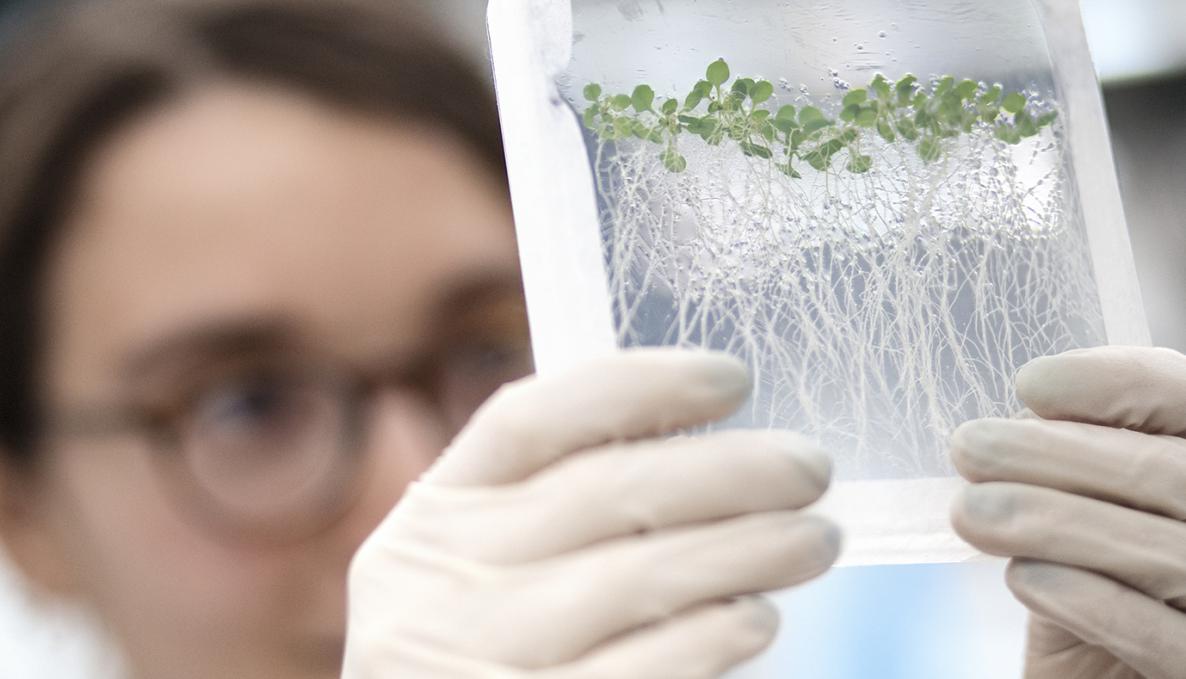BioLabs

The BioLabs consist of different and interconnected research units working on Crop Sciences: Plant Biochemistry and Biotechnology Lab; Cryo Scanning Electron Microscopy and Energy-Dispersive X-Ray Microanalysis (EDXMA) Lab; Plant Cell, Tissue and Organ Culture Lab; Soil, Water and Plant Analysis Lab; Landscape Entomology Lab (LELab). BioLabs activities are characterized by a multidisciplinary approach and a good level of integration with the activities of the other laboratories of Sant'Anna School (LAND-Lab, CRIM and ARTS-Lab) and of the research consortium (CRIBE).
Our main activities concern:
- Understanding the physiological and molecular interactions between agricultural plant species and the environment. Our main scientifi c objectives are: a) evaluating the negative and positive effects of environmental factors on plant production; b) identifying the plant genotypes resistant to environmental stress that can be introduced in sustainable production systems.
- Evaluating “no food” plant species for the phytoremediation of soil and ground water
- Studying in vitro plant systems as a tool for: a) biochemistry-molecular studies; b) the propagation and conservation of the germplasm; and c) secondary metabolite production.
- The analysis and characterization of the germplasm of woody and herbaceous plants.
- The development of Information and Communication Technology (ICT) tools and of a Web-based Decision Support System applied to crop monitoring (protection, maturation, irrigation) networks.
- Improving the knowledge of the life history and population dynamics of insect pests.
- Studying the functional biodiversity of insect communities in agroecosystems.
- Developing Decision Support Systems (DSSs) for area-wide and integrated pest management through the Information and Communication Technology (ICT).
- Supporting post-graduate students' research and professional career.
- Cooperating with local and international stakeholders in devising strategies and tools for sustainable agroecosystem management.
- Achieving international excellence in agricultural and environmental research.
